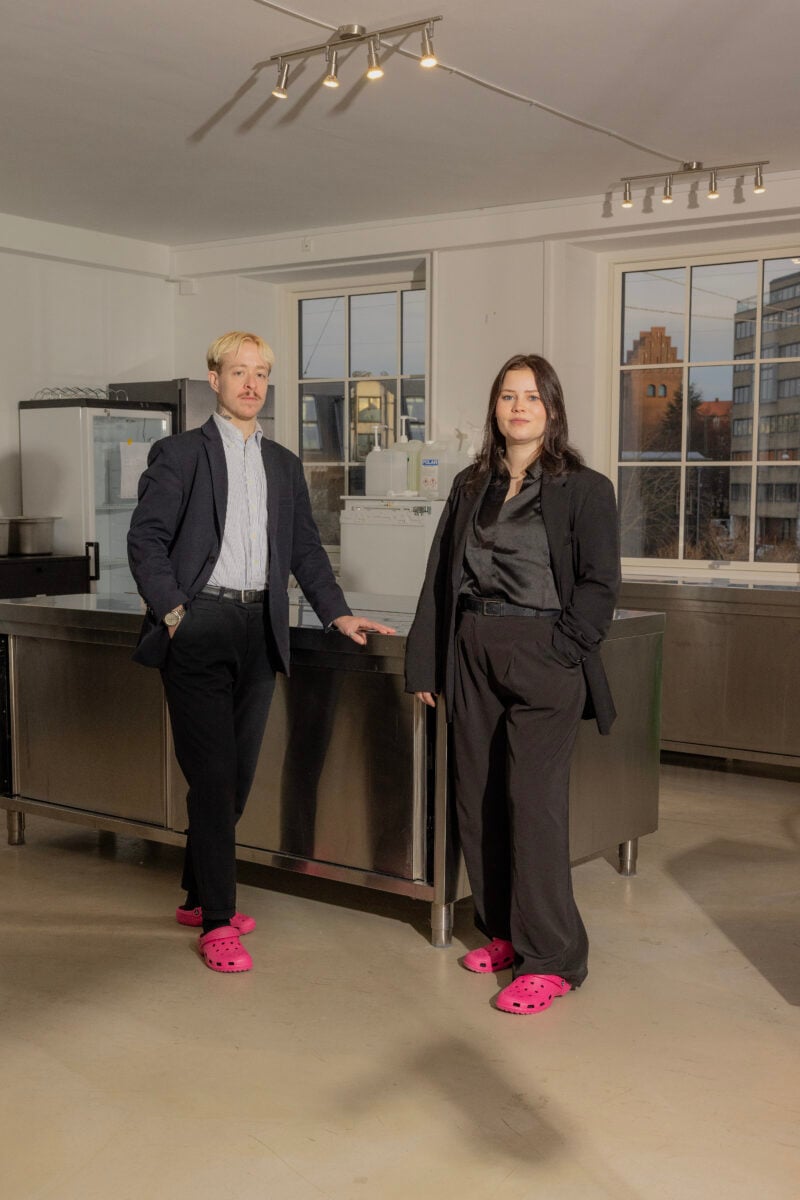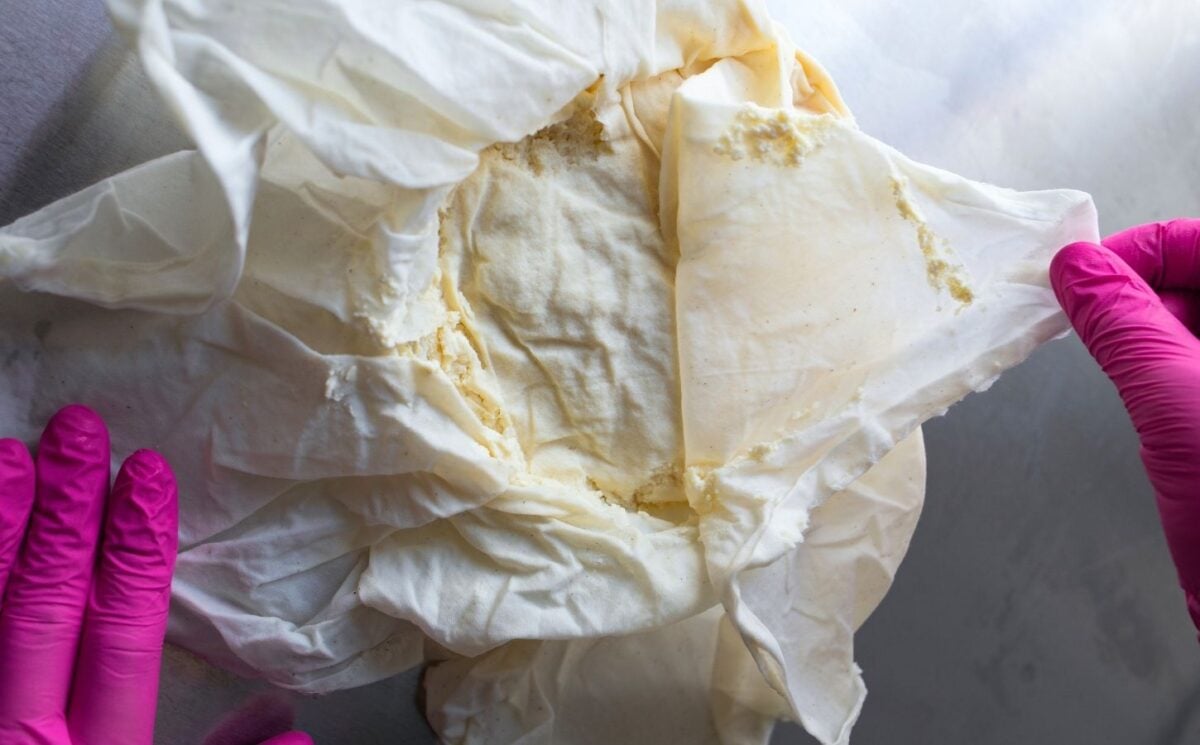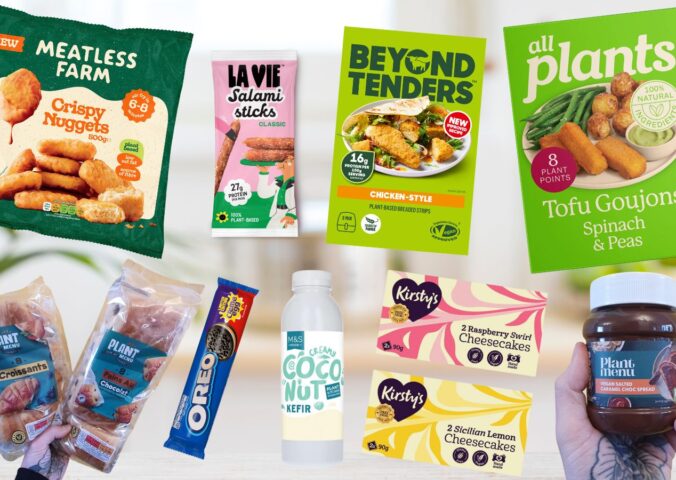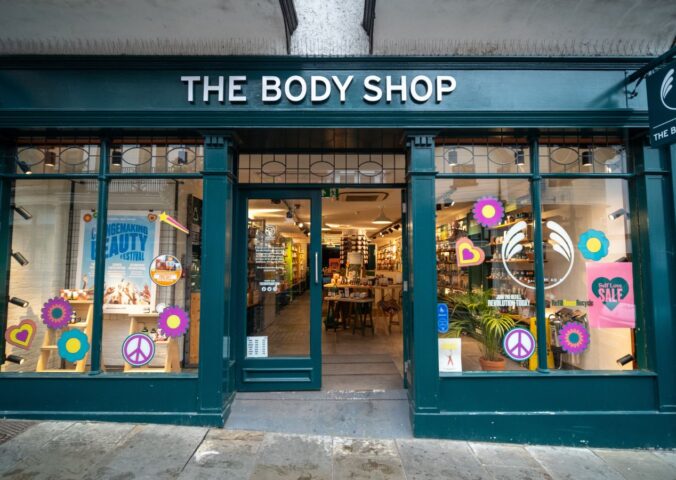Danish food tech company FÆRM, which has developed a method of vegan cheesemaking that closely mimics that of dairy, has received €1.3M funding.
Read more: The Vegan Cheese ‘Health Warning’ – Is There Really Cause For Concern?
The BioInnovation Institute, a Danish research foundation, provided the funding, which FÆRM will use to continue developing and producing its vegan cheese products. The company says its mission is “revolutionizing and democratizing plant-based cheese.”
FÆRM incorporates patented food science alongside traditional dairy cheesemaking methods to produce what it says will be the next generation of plant-based cheeses. Most notably, the team has achieved the difficult task of coagulating soy milk into cheese curds using fermentation and maturation.
“We have developed and patented a completely different way of making plant-based cheese, which is actually a variation of the same way you make regular cheese – namely with the help of enzymes that cause the milk to curdle and microorganisms that build the flavor profile and add functionality,” a FÆRM spokesperson told Plant Based News. “Instead of cow’s milk, we use soy milk with a little extra oil and sugar added (a substitute for lactose/milk sugar). You can say we have invented a way to translate dairy technology from milk to plants.”

The company has already developed fresh mozzarella, brie, and cream cheese using soy, but plans to incorporate other legumes for nutritionally dense and soy-free cheeses. FÆRM is also licensing its patented technology to other companies.
Read more: A Vegan Cheese Was Up For A Good Food Award – But Was Mysteriously Disqualified
Making vegan cheese more affordable, tasty, and nutritious
Based in Copenhagen, Denmark, FÆRM’s founders aim to make inexpensive, nutritious, and delicious vegan cheese – something the business-to-business company believes the current dairy-free cheese market lacks.
Today, many different plant-based cheese options are available in supermarkets. Still, the more cost-effective options typically rely on coconut oil, starch, and flavorings, meaning they have little nutritional value unless fortified with vitamins and minerals. On the other hand, most nutritious nut-based cheeses remain luxury items, including a higher cost of purchase.
New Zealand’s ANDFOODS also uses fermented legumes for plant-based dairy products, while Singapore’s TurtleTree became the first-ever vegan-certified precision fermentation dairy earlier this year. Fermentation is also revolutionizing meat alternatives, as with the new fermented vegan steaks from Dutch company Rival Foods and Swiss Planted.
Advancing food technology played a notable part in the late 2010s and early 2020s plant-based boom, and it looks set to provide the next generation of products as well.
While the environmental impact of vegan products already surpasses animal-based ones, increased scrutiny over nutritional values will likely be a central part of the new wave alongside further improved flavors and textures.
Read more: Bird Flu In Dairy Cows: How Worried Should We Be?






